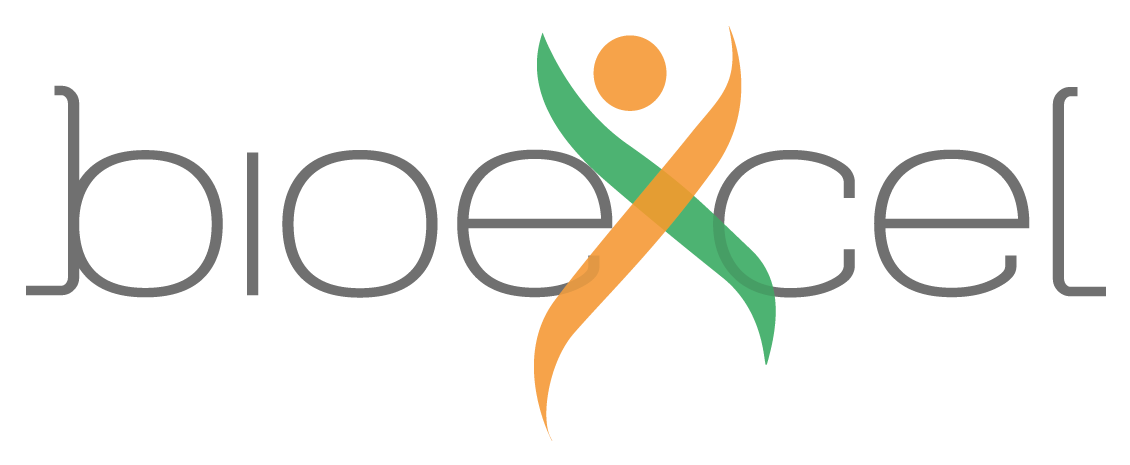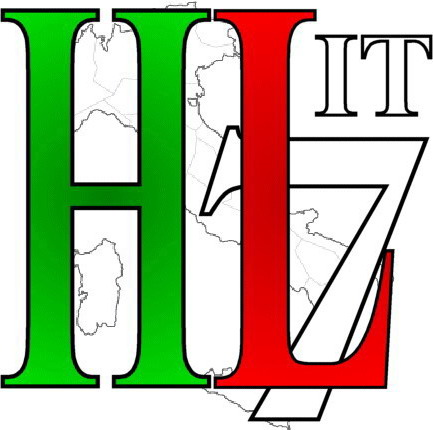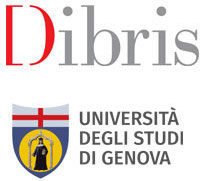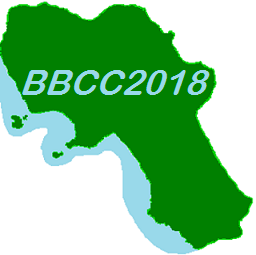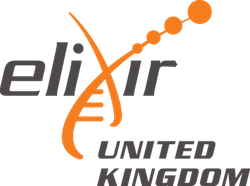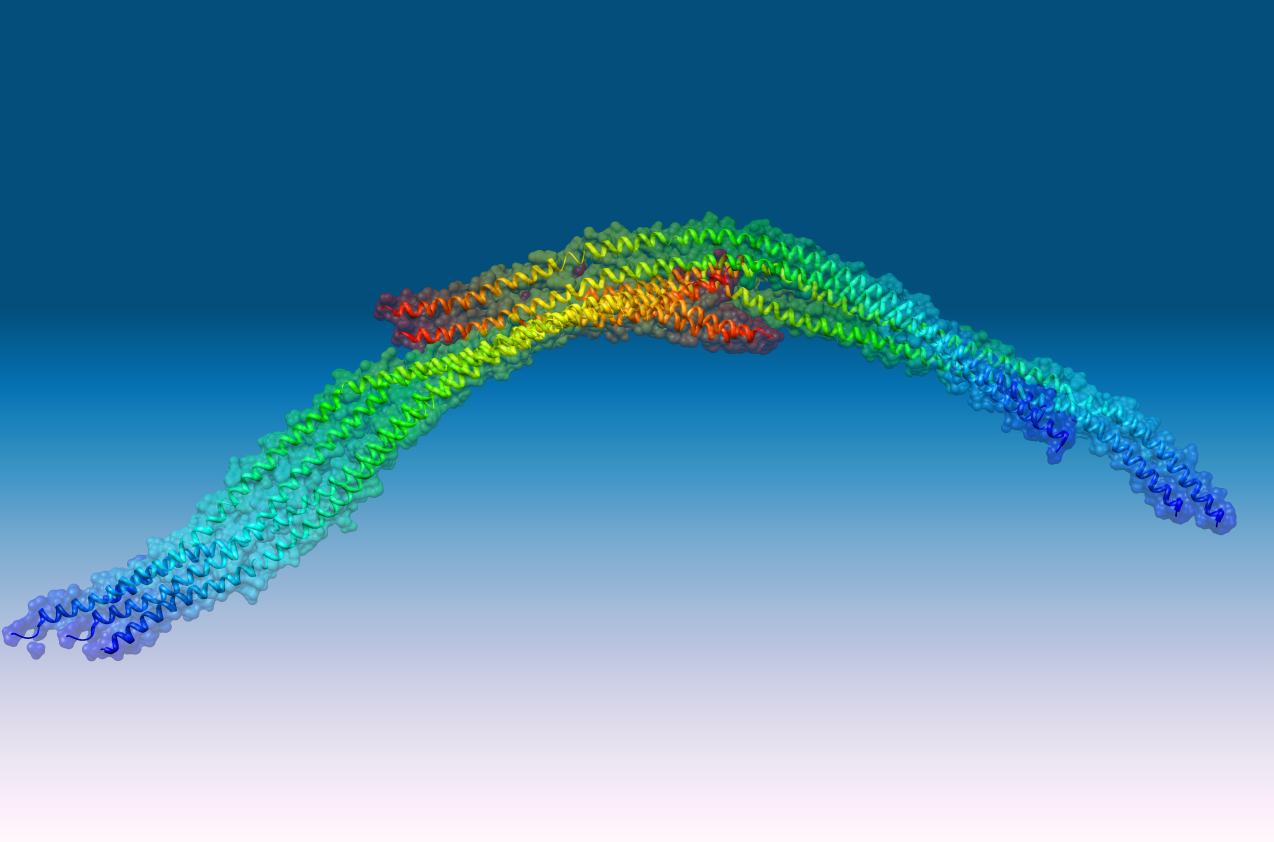| Keynote speakers | |||
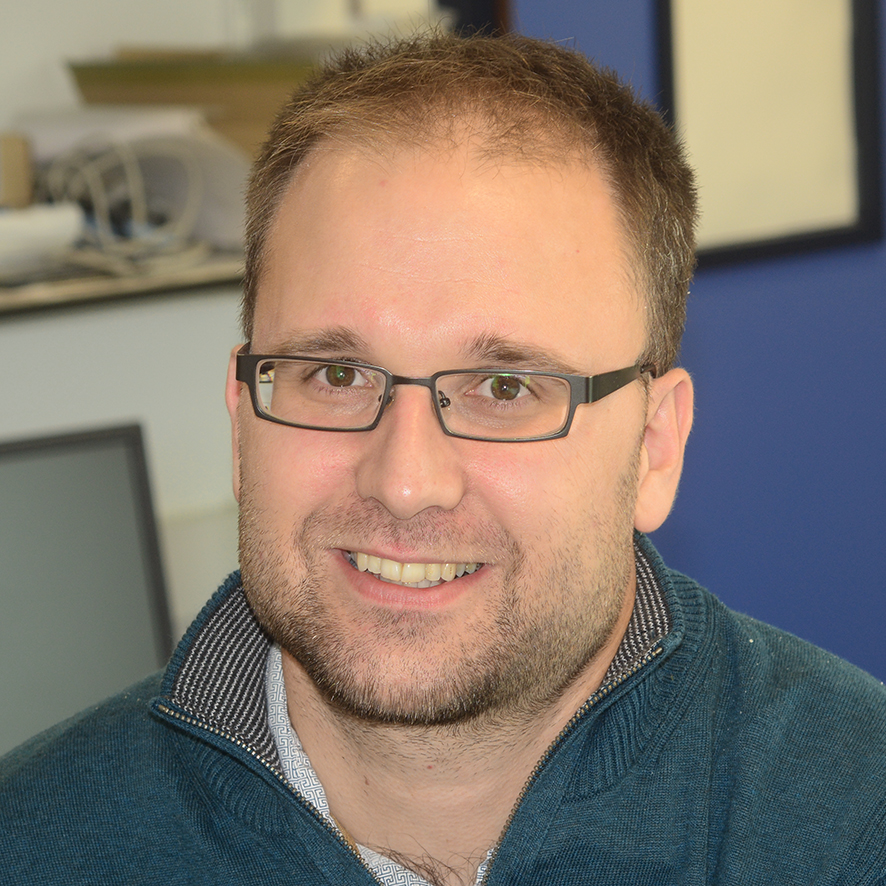 Frederik Coppens |
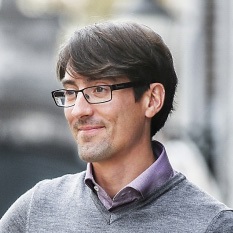 Michel Dumontier |
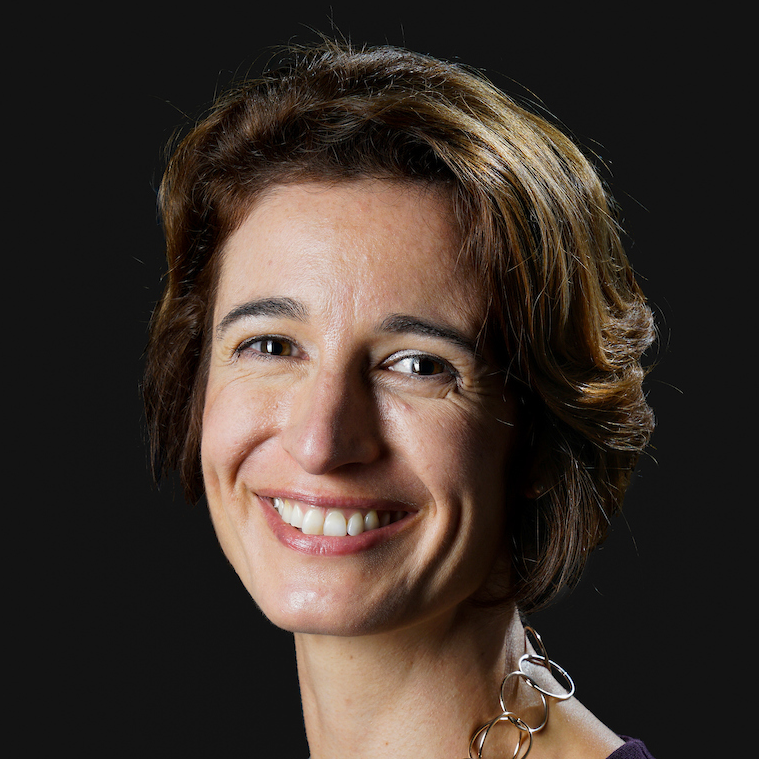 Christine Durinx |
 Patricia Palagi |
| Invited speakers | |||
 Domenica D’Elia |
 Rob Hooft |
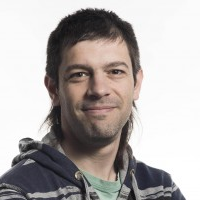 Adam Hospital |
 Rafael Jimenez |
 Marco Roos |
 Amnon Shvo |
||
 Frederik Coppens, VIB, University of Gent, Belgium, & ELIXIR Belgium.
As deputy Head of Node and Technical Coordinator of ELIXIR Belgium, Frederik Coppens is leading the development of the Belgian ELIXIR node. He represents ELIXIR Belgium in the ELIXIR Heads of Nodes Committee, attending strategic meetings and ensuring smooth information exchange related to ELIXIR both internally within the node as towards the ELIXIR Hub.
Within ELIXIR Europe, Frederik is involved in the Plant Community and is co-chair of the Galaxy Community. The ELIXIR Plant Community focusses in the ELIXIR-EXCELERATE H2020 project on making plant phenotyping data FAIR by developing and implementing metadata (Minimal Information About a Plant Phenotyping Experiment – MIAPPE) and data access (Breeding API) standards. The Galaxy Community is active in the area of scientific workflows and aims to enable researchers to perform bioinformatics analysis workflows through a user-friendly online interface (Galaxy). For more technically advanced users, cloud-oriented technologies (e.g. BioContainers), are being developed, in which the Belgian Node also is involved. At the VIB-UGent Center for Plant Systems Biology, Frederik Coppens is IT manager and Project Leader of the Applied Bioinformatics and Biostatistics (ABB) group. The mission of the ABB group is to enable (wetlab) scientist to perform bioinformatics and biostatistical analyses. His team provides consultancy to optimise the setup of the experiment, generation of data and analysis for biostatistics and bioinformatics in general. Moreover, solutions are foreseen for diverse NGS applications through implementation of standard workflows in Galaxy or through custom data analysis. The combination with IT manager enables optimisation of the required IT infrastructure towards the data analysis and storage needs of our researchers.
|
|
 Michel Dumontier, University of Maastricht, The Netherlands.
Michel Dumontier is a Distinguished Professor of Data Science at Maastricht University. His research focuses on the development of computational methods for scalable integration and reproducible analysis of FAIR (Findable, Accessible, Interoperable and Reusable) data. His group combines semantic web technologies with effective indexing, machine learning and network analysis for drug discovery and personalized medicine. Previously at Stanford University, he now leads a new inter-faculty Institute for Data Science at Maastricht University with a focus on accelerating scientific discovery, improving health and well-being, and strengthening communities. He is a Principal Investigator for the NCATS Biomedical Data Translator and a co-Investigator for the NIH BD2K Center for Expanded Data Annotation and Retrieval (CEDAR). He is a technical lead for the FAIR (Findable, Accessible, Interoperable, Re-usable) data initiative, and is the scientific director for Bio2RDF, an open source project to generate Linked Data for the Life Sciences. He is the editor-in-chief for the IOS press journal Data Science and an associate editor for the IOS press journal Semantic Web.
|
|
 Christine Durinx, Swiss Institute of Bioinformatics, Switzerland.
Christine Durinx is the Associate Director of SIB Swiss Institute of Bioinformatics since 2014. She is co-lead of the ELIXIR Data Platform. The ELIXIR Data Platform has developed a process to identify European data resources that are of fundamental importance to research in the life sciences and are committed to the long term preservation of data. These resources are called ELIXIR Core Data Resources. Christine was also involved in a study on funding models to improve the long term sustainability of the data science infrastructure.
At SIB, Christine is responsible for the Communications and Training departments, the Director’s Office, and the Technology Group. Christine has a Pharmacy degree and a PhD in Pharmaceutical Sciences from the University of Antwerp, Belgium. Before joining SIB, she worked in the pharmaceutical industry for over 10 years.
|
|
 Patricia Palagi, Swiss Institute of Bioinformatics, Switzerland.
Patricia Palagi is a biologist and computer scientist by training. She joined the SIB Swiss Institute of Bioinformatics 20 years ago as a researcher in neural networks, proteomics, and bioinformatics for mass spectrometry. Since 2013 she has been leading the SIB Training group. She has a long track record of academic teaching and training in bioinformatics. She’s involved in the organisation and delivery of bioinformatics training courses, in ‘Train the Trainer’ activities, and collaborates with ELIXIR Nodes, GOBLET and international partners on several initiatives to promote training and its best practices. She is ELIXIR Switzerland Training Coordinator and co-leader of the ELIXIR Training Platform.
|
|
 Domenica D’Elia, CNR-ITB, Bari, Italy.
Domenica D’Elia is a molecular biologist working in the field of Bioinformatics since 1996. She holds a PhD in Biochemistry and Molecular Biology from the University of Bari. After few years working at the University on the biogenesis of mitochondria, she moved to the Italian National Research Council Institute for Biomedical Technologies (CNR-ITB), where she has been working as a Project and Team Coordinator for the development of specialised biological databases. In this role, she has led and contributed to the development of diverse databases, bioinformatics integrated platforms and of data mining tools. Nominated as representative of the Italian National Node of EMBnet – The Global Bioinformatics Network in 2006, she has been working inside the network in different roles up to her election as Chair of EMBnet in 2016.
As former Chair (2010-2015) of the EMBnet “Publicity and Public Relationships Project Committed”, Domenica assisted and contributed to the establishment of GOBLET, the “Global Organisation for Bioinformatics Learning, Education & Training”, of which she is presently a member. She has also contributed to the activities of the Steering Committee of the Bioinformatics Italian Society (BITS) in 2010-2012 and collaborate to the actions of the Society as an Ordinary member since its foundation. At CNR-ITB, she is Project Leader of a research line on the “Effects of Exogenous Plant miRNAs on the Expression of Human Genes Involved in Ageing-Related Diseases” (SCKT – Flagship InterOmics Project), and is collaborating with the “Research Council for the agricultural research and the analysis of agricultural economy” (CREA) on a nutrigenomics study that investigates the effect of a local table grape variety on cell homeostasis and human health. Starting from January 2016 she is a member of the Management Committee of the COST Action CHARME ”Harmonising standardisation strategies to increase efficiency and competitiveness of European life-science research” (CA15110) and Chair of the CHARME WG4: “Development of a strategic dissemination action”.
|
|
 Rob Hooft, Dutch Techcentre for Life Sciences – DTLS, The Netherlands.
Rob Hooft was educated as a structural chemist at Utrecht University under Professor Jan Kroon. He did his PhD studies on the subject of structure-activity relationships of sweet tasting compounds. He spent 4 years at the EMBL in Heidelberg where he developed tools to verify the quality of protein structures in the group of Gert Vriend and Chris Sander.
He joined the company Nonius in 1997 where he developed application software for a diffraction system with a CCD detector. When Nonius and Bruker AXS merged in 2001, Rob led the team of developers for the company in Delft. This team developed components and systems for X-ray diffraction analysis. When Bruker AXS has stopped their R&D in the Netherlands, Rob moved back to the academic world and joined the Netherlands center for Bioinformatics, NBIC, as CTO for the service-directed program. Via a two year excursion to the Netherlands eScience Center from where he ran the data program of the Dutch Techcenter for Life Sciences (DTL), he is now working for DTL itself managing the Dutch tasks in the European ELIXIR infrastructure for life science data. As part of these roles, Rob has been building up a body of knowledge on FAIR research data stewardship since early 2014.
|
|
 Adam Hospital, Molecular Modeling and Bioinformatics Unit (MMB), IRB Barcelona, Spain.
Adam Hospital is a Postdoctoral fellow in Molecular Modeling and Bioinformatics Unit (MMB) hosted by Institute for Research in Biomedicine in Barcelona (IRB-Barcelona) and computer technician for the Spanish National Institute of Bioinformatics (INB). From 2015, he is also leading the Portable environments for computing and data resources package of the BioExcel Center of Excellence, mainly focused on interoperable and reproducible biomolecular research workflows.
From a computer science background, he jumped to the bioinformatics world and got trapped by the fascinating field of structural bioinformatics. After 2 years, he joined INB, where he has been working for more than 12 years. INB has recently become the Spanish ELIXIR node (ELIXIR-ES). While working as a bioinformatician, he got his PhD in Biotechnology from the University of Barcelona with his thesis “High Throughput Computational Studies of Macromolecular Structure Flexibility”. He has been involved in several projects developed at IRB and also at the Barcelona Supercomputing Center (BSC).
|
|
 Rafael Jimenez, ELIXIR Europe, Cambridge, United Kingdom.
Rafael Jimenez is the Chief Data Architect at ELIXIR. He has an active role in the technical design, coordination and implementation of the ELIXIR data infrastructure. He joined ELIXIR after four years at EMBL-EBI as a software engineer and technical lead in the Proteomics Services team. He is specialised in the coordination and management of bioinformatics services, and is interested in topics relating to data infrastructure, data integration, data federation, data visualisation and software development best practices. Rafael has experience coordinating technical projects, developing technical strategies, leading software development and managing community groups. He obtained his MSc in Molecular Biology in Spain and his MSc in Computer Science in South Africa.
|
|
 Marco Roos, Leiden University Medical Centre – LUMC, The Netherlands.
Marco Roos is assistant professor and group leader of the Biosemantics group of the Leiden University Medical Centre (Human Genetics department). His research focus is on making state-of-the-art computer science applicable to enhance biomedical research (e-Science), particularly the application of computational knowledge discovery and linked data techniques to address translational research challenges of rare human diseases.
He started his career studying the role of the genome and chromatin in the functioning of the cell, which is still one of his interests. After including computer science in his MSc on molecular and cellular biology, he worked as a multidisciplinary researcher in research groups in both life science and computer science research groups. He now leads the research, development and application of knowledge discovery of the Biosemantics group. The group that includes professor Barend Mons, is known for co-founding and advocating the FAIR data principles. At an international level, Marco is focused on the implementation of FAIR principles to create a powerful substrate and world-wide robust infrastructure for knowledge discovery across distributed rare disease data resources. He co-leads the rare disease user community of the European life science data infrastructure ELIXIR, and the cross-project rare disease data linkage plan and linked data and ontology task force. He also leads the initiative to organise a Global Open FAIR implementation network for rare diseases. GO FAIR implementation networks are a mechanism to implement the European Open Science Cloud.
|
|
 Amnon Shvo (Shabo), The International Academy of Health Sciences Informatics.
Amnon Shabo (Shvo), PhD, works in Philips as a health informatics specialist. He worked in IBM Research (2000-2014) where he co-founded and chaired the Medical Informatics Community and headed the IBM worldwide program on healthcare & Life Sciences standards. Amnon established and chairs two professional working groups: (1) the IMIA Working Group on Health Record Banking and (2) the EFMI Working Group on Translational Health Informatics.
Amnon has been leading key standardization activities: he established and co-chairs the HL7 Clinical Genomics Work Group and is a co-editor of the Clinical Document Architecture (CDA), Continuity of Care Document (CCD), the Family Health History (Pedigree) and the Genetic Testing Report (GTR) standards. Amnon specializes in longitudinal and cross-institutional Electronic Health Records and is a pioneer of the Independent Health Record Banks vision. In the early nighties, Amnon founded a startup with Hadassah Medical Organization in the area of patient simulations. In his postdoc studies at Georgia tech, he specialized in case-bases reasoning.
|
